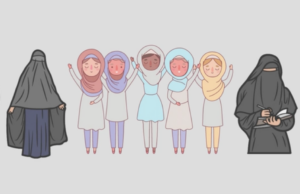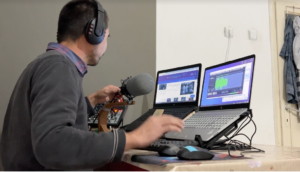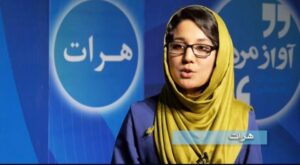By Somaia Valizadeh (Text) and Marjan Wafa (Photo)
The devastating earthquake in western Afghanistan has resulted in a multitude of deaths and injuries, and a significant number of individuals remain missing. A 6.3-magnitude earthquake struck the Zindajan district and several other districts of Herat, as well as the neighboring provinces of Herat, with more than fifteen reverberations.
Nasim Ishaqzai is the only one left from his family. He’s from the Sinjab village in the Zindajan district of Herat. Nasim Ishaqzai used to offer fresh produced and dairy products on the streets. On Saturday at 7:00 a.m. he went to sell milk and fruit in Herat. When the earthquake became severe, Ishaqzai was returning home and took a car to get home earlier. His house was completely destroyed. To save the lives of his family members, he started searching with a shovel. He hoped that his family members weren’t dead, but one day after the earthquake, he found their bodies under the soil.
Nasim Ishaqzai lost his wife, mother, two sisters, and two children during the Herat earthquake. On Monday, he buried six members of his family in one grave because he is poor and doesn’t have money.

In the Herat earthquake, more than 4000 people died, more than 10,000 people were injured, and thousands of people are missing. Rescue operations are still continuing in the areas of Herat that have been hit by the earthquake, and the number of people who have been killed by this earthquake may increase.
This earthquake has destroyed hundreds of houses in western Afghanistan and thousands of people have been forced to leave their homes.
They lack food to eat and warm clothes to protect themselves from the cold weather.
The Taliban oppressive and misogynistic regime has made it more difficult for the Herat earthquake rescue operation forces to perform their duties.
On October 8th, some women wanted to go to the earthquake-affected areas to help the people who were hurt and help with rescue efforts. But the Taliban wouldn’t let them and even female journalists couldn’t go there. Another problem is the lack of beds, ambulances, the ban on female doctors, and the lack of medicine in hospitals and clinics to help with injuries.
The Herat people call on the international community to support urgent search and rescue efforts and provide additional humanitarian support for the affected Earthquake.


